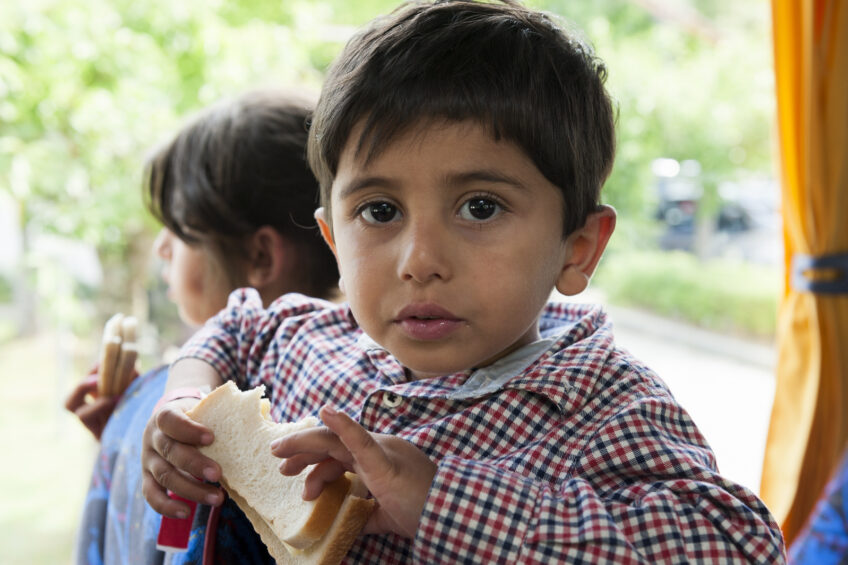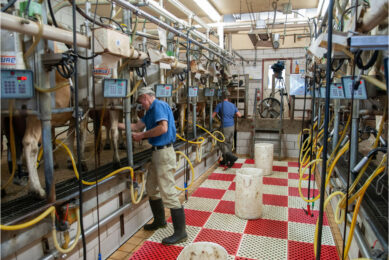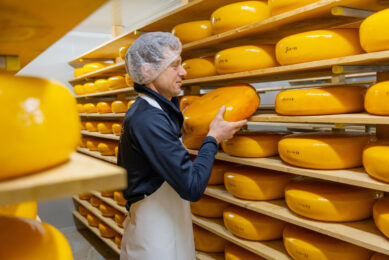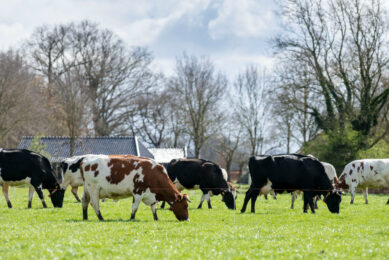EU provides free milk for Syrian refugee children

Around 350,000 Syrian refugee children are being supplied free milk by the European Commission thanks to a €30 million programme to help those affected by the crisis in the region.
The effort to help the children will also benefit Europe’s beleaguered dairy farmers who have suffered huge financial losses in their own crisis as the milk must originate in the European Union. The funding for this latest programme is part of the €500 million support package for European farmers presented by the Commission in 2015, which represented a substantial response by the Commission to support European farmers.
Supporting EU dairy farmers while helping Syrian children
As well as supporting European farmers through the purchase of drinking milk, the €30 million programme will also contribute significantly to the major challenge posed to the EU by the refugee crisis. The milk will be distributed to Syrian children and will reinforce an already operating food distribution programme for school children financed by the EU in Syria.
EU Commissioner for Humanitarian Aid and Crisis Management, Christos Stylianides, said: “This new programme will help hundreds of thousands of Syrian children in need. “We must remain committed to helping the most vulnerable victims of the conflict. This additional support will go to humanitarian partner organisations working in the country.”
Part of the €500 million support package for European farmers
EU Commissioner for Agriculture and Rural Development, Phil Hogan, also said: “I am pleased that the Commission has adopted this programme, which is an integral part of the Commission’s €500 million support package for European farmers. “This new programme delivers on 2 Commission priorities, to support farmers at a very difficult time, while also ensuring that we remain fully focused on the major challenge posed by the ongoing refugee crisis.”
Also interesting: 1 in 5 British dairy farmers may quit the industry
British dairy farmers are, like many of their counterparts in other European countries, in a crisis. An oversupply of milk and lower demand on the world market has led to a steep drop of milk prices which are in many cases now well below production costs.
The conflict in Syria had a severe impact on the agriculture sector of the country, leading to a decline in food production, in particular of dairy products. Consumption of milk has been significantly reduced especially amongst poor households due to high food prices.
Syrian families typically consumed milk and other dairy products on a daily basis prior to the crisis. At present, milk has in some cases completely disappeared from their diet. Besides being the type of dairy product that better suits the food and nutrition needs of the people that will benefit from this programme, the treatment of drinking milk makes it suitable for human consumption over a long period and allows for its consumption on a stand alone basis, without there being a need to add water which is of questionable quality.
Join 13,000+ subscribers
Subscribe to our newsletter to stay updated about all the need-to-know content in the dairy sector, two times a week.










